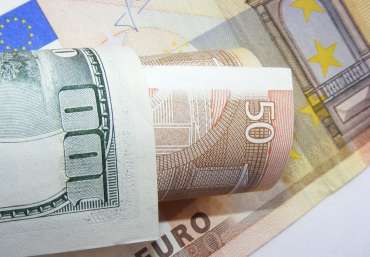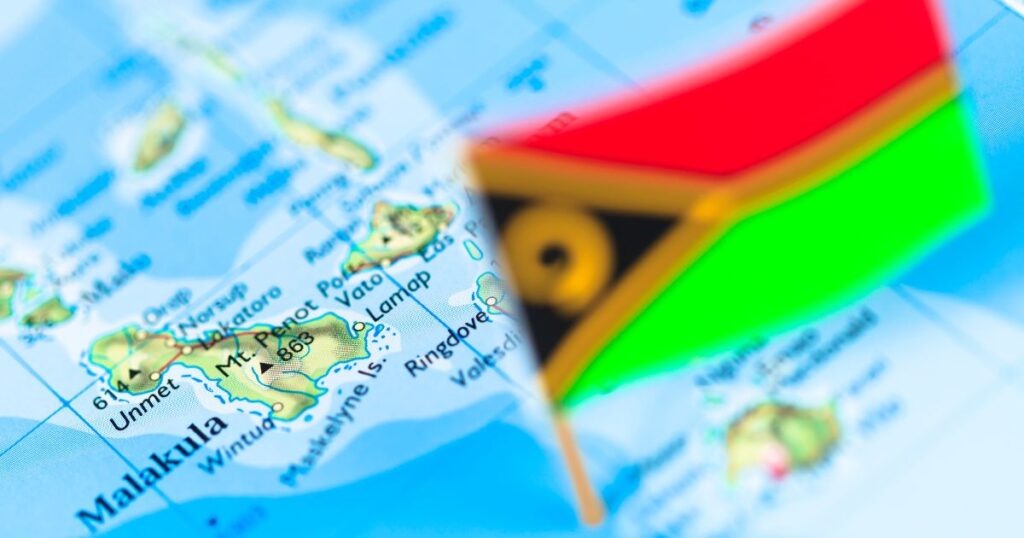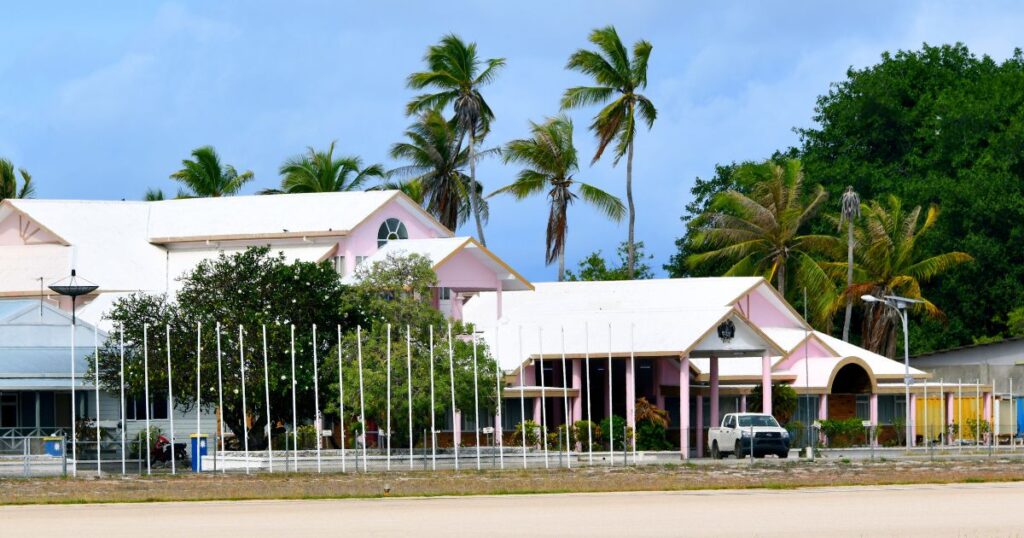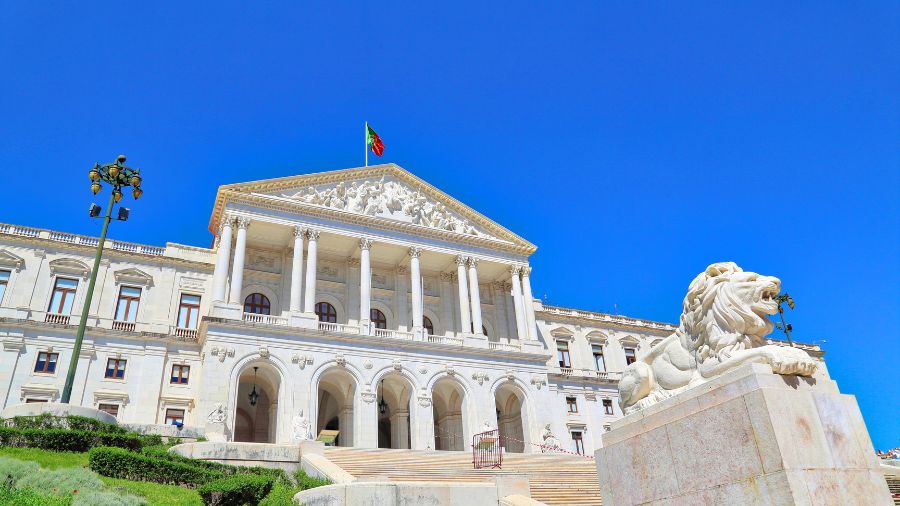More than 100 countries have signed up to exchange information under the CRS with OECD. However are list of some 43 nations that don’t participate in CRS automatic exchange of tax information according to OECD.
By not participating in automatic exchanges, developing countries risk falling behind in their fight against abusive tax practices such as tax evasion and avoidance, against backdrop of banking privacy. This practice opens door to money laundering, low tax collection and risk inflows of FDI investments, which are key to growth of a nation.
Non-CRS List
We have compiled list of non-CRS countries.
Algeria, Armenia (2025), Belarus, Benin, Bosnia and Herzegovina, Botswana, Burkina Faso, Cabo Verde, Cambodia, Cameroon, Chad, Congo (Rep. of the), Côte d’Ivoire, Djibouti, Dominican Republic, Egypt, El Salvador, Eswatini, Gabon, Guatemala, Guinea, Guyana, Haiti, Honduras, Lesotho, Liberia, Madagascar, Mali, Mauritania, Mongolia, Namibia, Niger, North Macedonia, Palau, Papua New Guinea, Paraguay, Philippines, Senegal, Serbia, Tanzania, Togo, Uzbekistan, Vietnam.
The list is frequently updated by OECD here
What is CRS?
In 2014 the Organisation for Economic Cooperation and Development (OECD) has published a global Standard for the Automatic Exchange of Financial Account Information. The so called Common Reporting Standard (CRS) essentially constitutes a regulatory reporting requirement for Financial Institutions seated in participating jurisdictions (currently more than 100 jurisdictions) and pursues the aim to avoid tax evasion.





